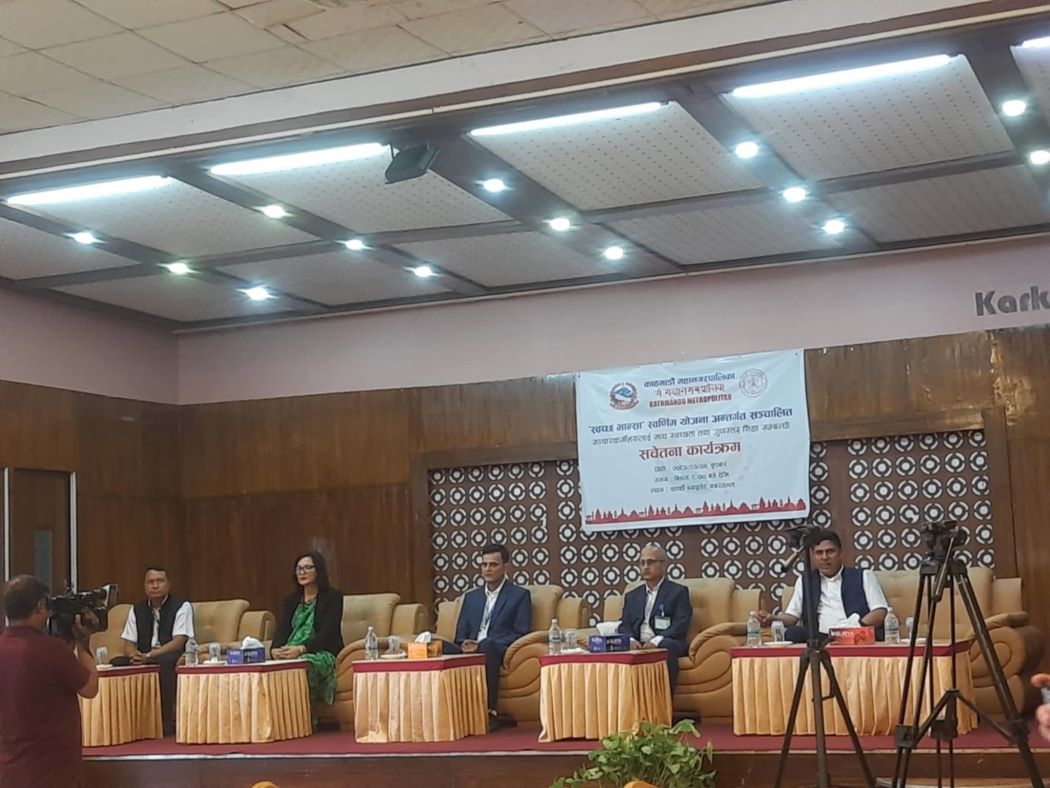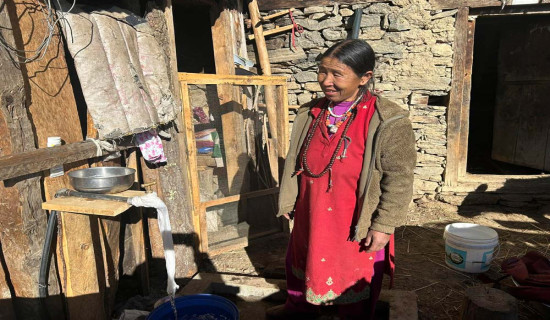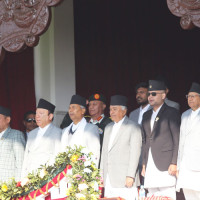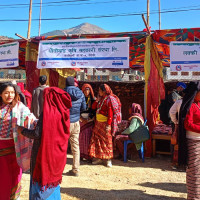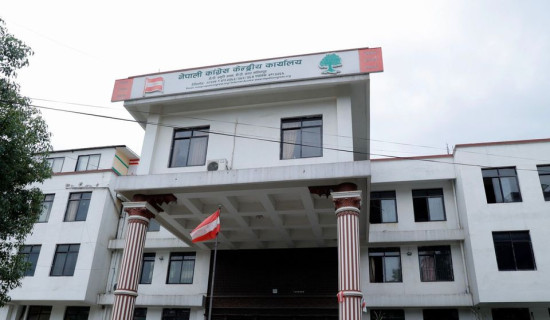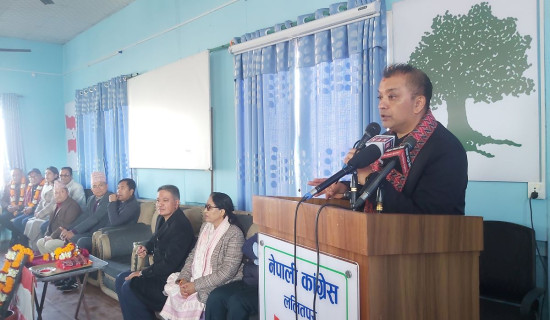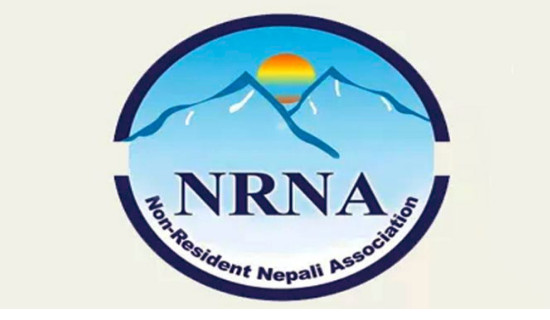- Monday, 15 December 2025
Three million people in country affected by consuming unsafe food
By Mahima Devkota, Kathmandu, June 18: Three million people in Nepal have been affected because of consuming unsafe food.
Addressing the awareness program under the 'Clean Kitchen' golden planning Project by the Kathmandu Metropolitan City (KMC) here today, Advisor to the Mayor of KMC, Saroj Giri, said that 3 million people in the country have been affected because of consuming inedible and unsafe food. Many diseases, such as hormonal diseases and autoimmune diseases, are surfacing significantly, all because of consuming unsafe food.
He said, "We become what we eat. However, many people, even educated ones, are not aware of what they are consuming. There is no culture in checking descriptions nor filing a complaint about the lack of ingredients listed on the cover of food items or expired food."
Senior Food Research Officer Department of Food Technology and Quality Control (DoFQTC) Mohan Krishna Maharjan aid that safe food are defined as food that will not cause harm to the consumer when it is prepared (or consumed) according to the intention and more than 200 types of diseases can be contracted by having indelible food.
According to him, though food is a serious matter of concern but the risk communication of consuming unsafe food is still negligent in the country. Giving an example that people avoided having beans for more than a month when beans in Kalimati were deemed unhealthy. It is a must to understand that it is the batch of food item that is inedible, not the food item. Therefore, denizens must be well-informed about what and how food can be consumed.
There are three factors affecting food safety. Physical (anything that can be seen with the naked eye), chemical (drug residue, pesticide, coloring of food, detergent residue) and biological (parasitic, virus, fungal) food. Therefore, we need to ensure that the food we consume is free from any of these affecting factors.
Children under 5 years of age carry 40 per cent of the foodborne disease burden, with 125,000 deaths every year.
According to the data of the World Health Organization (WHO), an estimated 600 million, almost 1 in 10 people in the world, fall ill after eating contaminated food, and 420,000 die every year.
Similarly, Expert Advisor Jivan Rana Lama said that there is a lot of misinformation regarding food and its quality in Nepal. Rather than being misinformed and avoiding buying food items completely, we need to understand what can be eaten and how it needs to be stored before eating.

